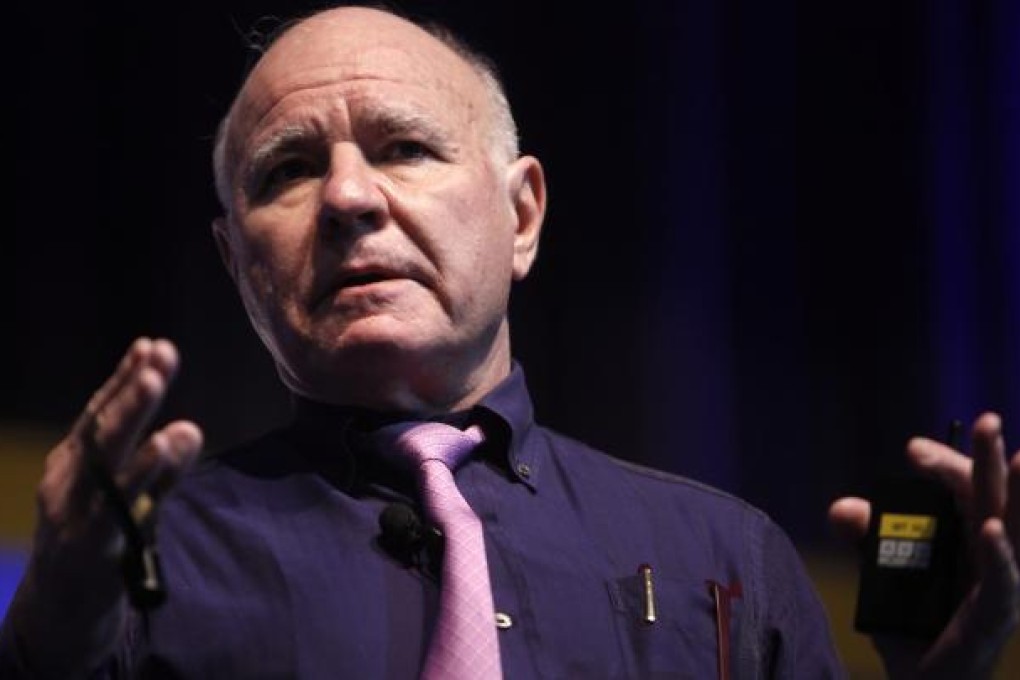
It's interesting how we place blind faith in financial gurus. Some have achieved the status of global celebrities and have made fortunes by investing shrewdly, like Warren Buffet. Investors and journalists lap up everything Buffet says as if it was handed down by Moses on some modern day Mount.
Closer to home but no less revered are people like Mark Mobius and Marc Faber. No one knows exactly what they are individually worth except themselves, but they have spun, or had spun for them, a mysterious aura that makes people hang on their every word. They get invited to speak at banking conferences and become very picky about who they give interviews to. Realising that over-exposure is a problem they ration their words. That is, except when they have websites, where they or their minions and disciples opine on investment matters at great length.
So for the SCMP Money Magazine, which will be delivered with your SCMP next Modnay November 19, to get an interview with Marc Faber was something of a coup. Known as Dr Doom for his famously bearish views, Martin Merz caught up with Faber in Macau. It's always good to get an update from the bear's mouth, so here's a sneak preview. Look out for the full version of the article next Monday in Money Magazine.
Where Does Dr Doom Stash His Cash?
To this question he advises punters where they should put theirs instead. Investors should diversify their assets because we don’t know what the world will look like in five years' time, he says. People should have some real estate, equities, bonds, and gold. At all times he advocates some diversification to give flexibility. Then, if one asset class goes awry, your eggs are not in one basket. Then you can further diversify into real estate and equities in different sectors of the market and different geographical locations. All good solid stuff.
When asked if he himself invests in property, he says he does, but reminds people that property needs maintenance. "You have to watch it and property rights are not well protected in many places. But the idea of owning real estate globally is a valid point.”
As for the bearish label, he replies that these people "don’t look at the times I am being very positive about asset prices." Where he is mostly negative is US government bonds. "They may rally for ten days or even three months, but from a longer-term point of view I think they offer very poor reward and quite a lot of risk." The risk comes from the fiscal deficit that, in his view, will stay at over a trillion US dollars a year regardless of who is president. "Over the time, that will lower the quality of the credit rating of the US." Last year, over 70 per cent of US treasuries were bought by the Federal Reserve, he points out." They monetise heavily and the risk will come: what will the US dollar be worth? But luckily for the US dollar, the Euro is probably even worse a currency. And the others are not much better."
